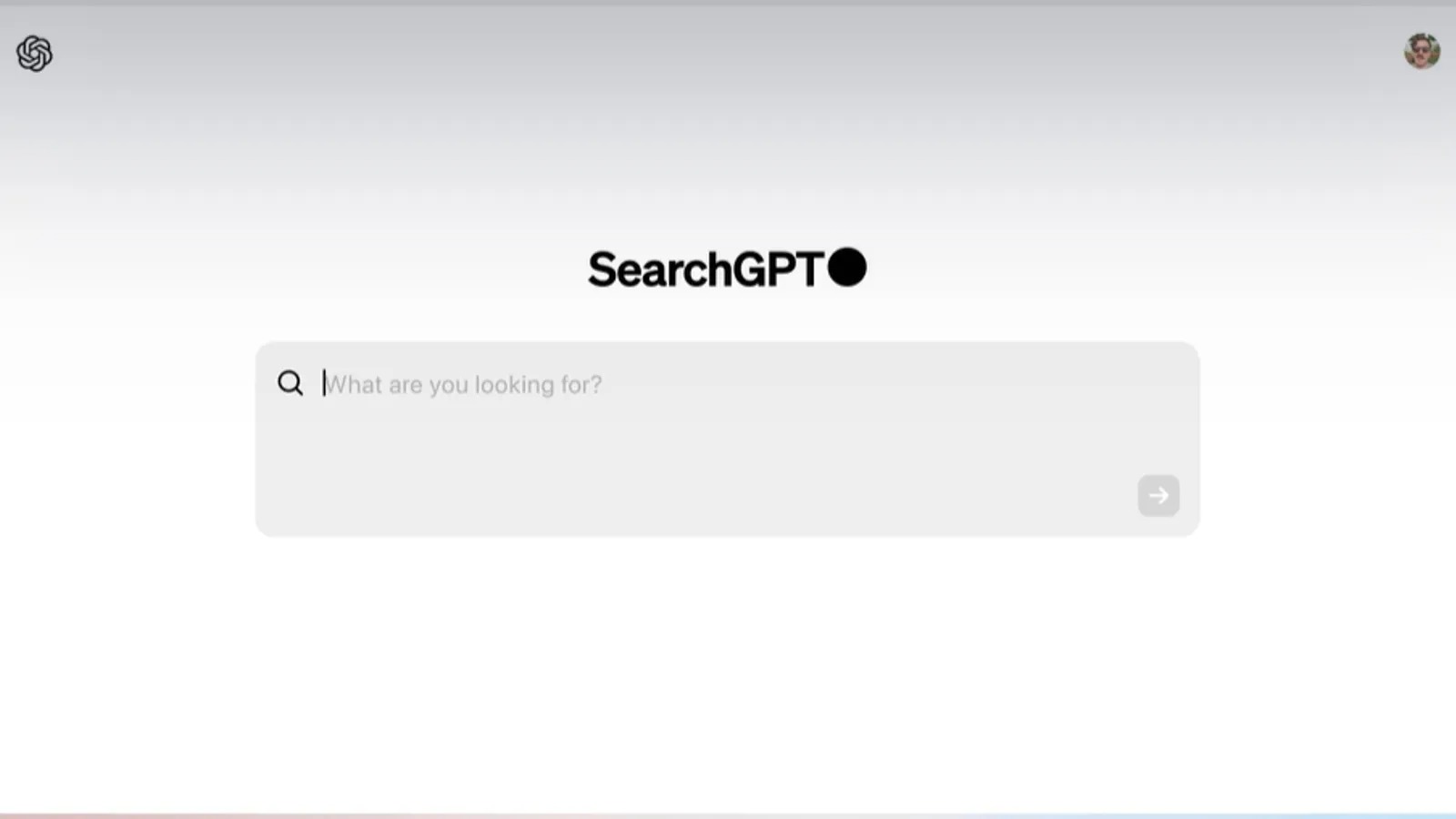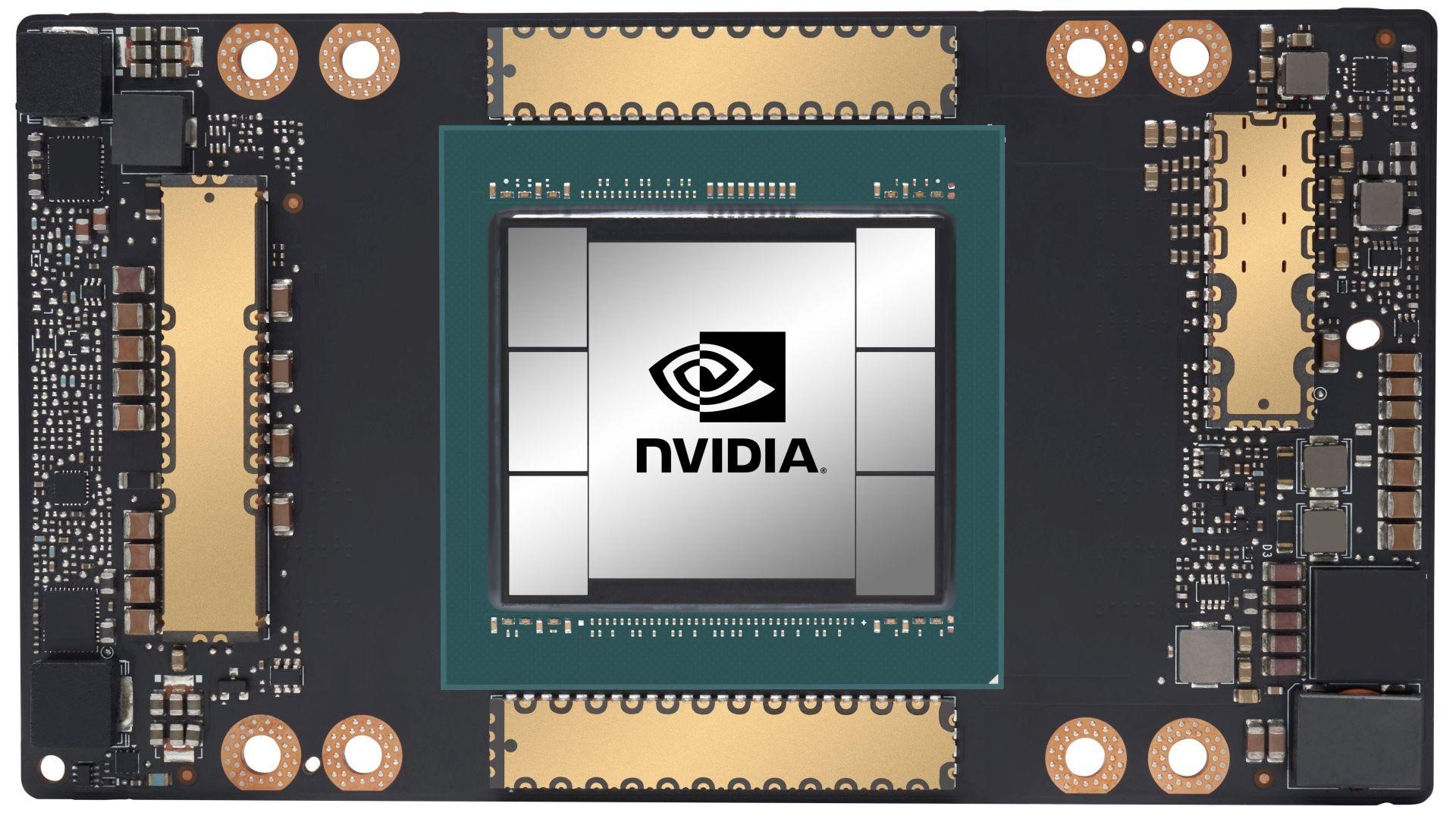Faced with OpenAI’s SearchGPT, Google must resolve its own AI dilemma first
Jaspreet Bindra
Arguably the best business model ever invented, other than the illegal one of growing and selling cocaine, is Search. Search is a $200bn plus market today, with gross margins estimated at 60%, growing at 10% every year to a $371bn by 2031. As we all know, one player dominates this lucrative market: Google with more than a 90% market share, becoming the envy of every other tech business worldwide. No one has been able to get anywhere close with even mighty Microsoft’s Bing a light year behind at second place with a 3.7% market share. Besides the acclaimed superiority of Google’s search algorithms and its effective use of AI, another big reason is network effects and the fact that Google has now become a verb – you rarely Bing anything, but you Google everything.
No wonder that every tech company on Earth is trying to get a piece of the action but has so far only managed to gather the crumbs left behind by Google. Despite onslaughts by Microsoft and Yahoo, and pretenders like DuckDuckGo and Wolfram Alpha, Google has never really been under any threat. Until now, that is, with a new technology which has threatens to upset the cosy world that it created for itself. The technology is Generative AI, and it is perhaps the first credible threat to Google’s throne.
This was very apparent when ChatGPT was launched by OpenAI. Suddenly, we had another way of finding information and content out there, but a way that seemed more intuitive, warm, and human than the cold ‘ten blue links’ of Google’s search results. Generative AI is built on language, much like we humans are, and its powerful Transformer algorithms (the T in GPT), parse the vast troves of language stored on the Internet, to give us the answers we want, by probabilistically providing the next set of words to the word or prompt that we give it. This is how humans learn and think with language, but it is this very human quality of making up stuff as it goes along, and being optimised for believability and not the facts that make Large Language Models of GenAI not very conducive to the factual precision that Search requires. Thus, while GenAI has been out there for a couple of years, it has not been a credible danger to Google’s search engine so far.
This has not stopped people from trying: Bing immediately incorporated OpenAI’s GPT4 into its search results and renamed it Copilot, a startup called Perplexity has made waves with its robust competition (my earlier article on that here: https://bit.ly/3Sr9fKy ), and even Google incorporated its own LLM Gemini into its search results. However, the hallucinatory and probabilistic nature of GenAI often led to disastrous results, with Google’s GenAI-based search confidently making Obama African and depicting a brown woman as the Pope.
Last week saw the biggest onslaught on Google’s monopoly yet, the launch of SearchGPT by OpenAI. OpenAI seems to have learnt from the mistakes of others. It is being careful, releasing a prototype to 10000 users so as to learn and improve results before launching generally. Importantly, it has struck deals with content producers like Wall Street Journal, Vox Media and Associated Press, both to get solid content and also to send traffic back to the publishers “by prominently citing and linking to them in searches”. Publishers also have a way to “manage how they appear in OpenAI search features,” as per OpenAI. This careful and partnership-led approach by the world’s hottest GenAI company is perhaps the most credible threat that Google has seen so far, and we will know in the coming months if it is successful.
My view is slightly different, though: the biggest threat to Google Search is Google itself. The first reason is Clayton Christensen’s Innovators Dilemma. The Transformer was invented at Google’s lab, but it was OpenAI that took it forward. Google saw GenAI and LLMs as being too reputationally dangerous, and a direct threat to its ultra-lucrative, advertising-led Search business model. The danger of launching something that would cannibalise its own business was too great, and so it demurred, the classical Innovator’s Dilemma. Secondly, I believe that Google’s dominant position has made it complacent – the Google home page is a terrible user experience, with advertiser links disguised as actual results dominating the first page, and choosing to give an advertised result rather than the best possible result to the user. Google is now optimised for the advertiser, not the consumer. The third reason is what usually happens to a wildly successful,, near-monopolistic company – bloated structures slowing down decision making, a tentative leadership, and global regulators circling around and slowing down innovation.
Thus, while SearchGPT and Perplexity will launch frontal attacks on it search empire, the biggest threat to Google is Google itself.


